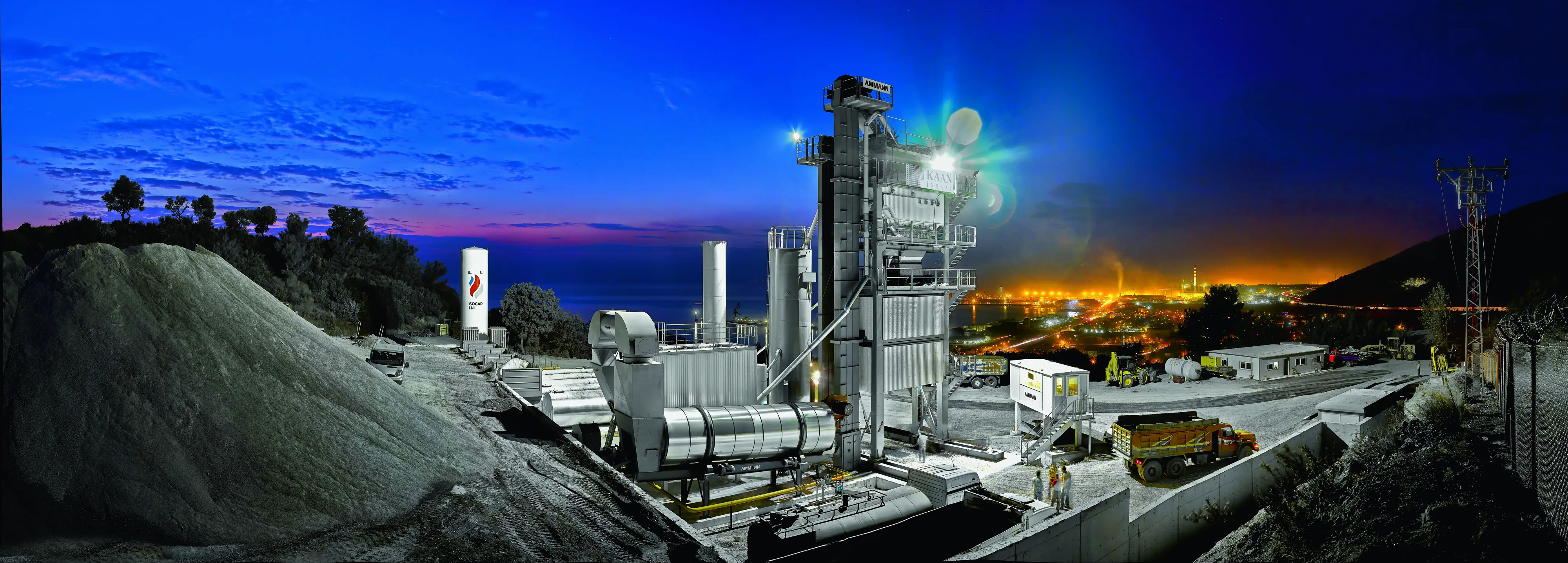There has been a steady increase in mechanical loads applied to road surfaces in the global highway sector. This stems from a combination of increasing traffic volumes, plus heavier trucks. To prevent roads from cracking up under the strain, it has required the development of innovative new asphalt mixes able to cope with the increased mechanical loads. As a result, the research sector and the asphalt producers have been working together to develop special asphalt mixes, which often require special materials. However, this has also required asphalt plants to be able to produce a much wider range of mixes, from conventional dense mixes to discontinuous mixes with modified asphalt, while providing the same levels of quality and productivity.
As a result, the 364 Wirtgen Group company 6241 Ciber utilised its extensive experience in developing technologies for asphalt plants to develop the dry mix system using a continuous flow mixer. According to the firm, this allows homogenisation of the aggregates before injection of the asphalt binder. The coarse aggregates are routed from the dryer, with fines reused from the bag filter, the external filler and fibres. This is important to ensure the constant thickness of the bitumen film on the surface of the aggregate, ensuring the quality of the mix. The technology is crucial for the production of SMA-type mixes that require cellulose fibres. These fibres have to be thoroughly homogenised in the dry aggregates so as to avoid the risk of any segregation in the mix.
Ciber says that another technology introduced with its latest iNOVA Series of asphalt plants is for automatic control of mixing time between aggregates and asphalt binder. The adhesion capacity between these materials depends mainly on the characteristics of the aggregates. This itself relates to the quantity and type of clay minerals present. But there is a wide variation depending on the origin and processes of formation of the aggregates. As a result, adjusting the mixing time according to the need is crucial for the production of homogeneous mixtures. And the mixing time can be regardless of the characteristics of the materials and design.









